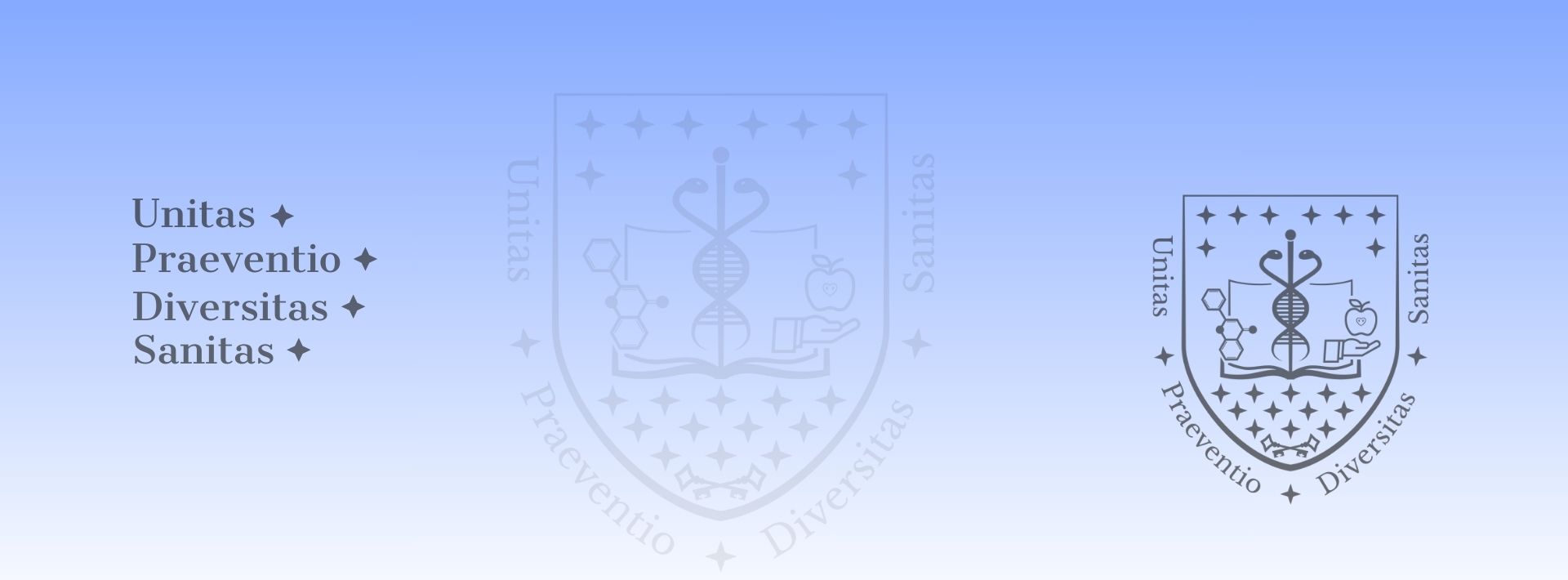Data
Official data in SubjectManager for the following academic year: 2024-2025
Course director
-
Kiss István Zoltán (Népeg)
professor,
Department of Public Health Medicine -
Number of hours/semester
lectures: 14 hours
practices: 14 hours
seminars: 0 hours
total of: 28 hours
Subject data
- Code of subject: OAA-AED-T
- 2 kredit
- General Medicine
- Basic modul
- spring
OAA-MET-T finished , OAA-BML-T finished
Exam course:Course headcount limitations
min. 5
Topic
The subject describes the methodological basis of population level studies on the causative agents and risk factors of diseases. It analyses the criteria of the causality, and the aspects of design, performing and critical analysis of epidemiological studies. It studies the structure of a population, its temporal changes, and the interaction between demographical variables and health.
After Public Health 6 the students must take a public health final exam which includes the material of all the Public Health subjects (Public Health 1 - 6).
Lectures
- 1. Definition, history, goal and concept of epidemiology. - Kiss István Zoltán (Népeg)
- 2. Criteria of a causal relationship. Causal models. - Kiss István Zoltán (Népeg)
- 3. Epidemiological studies: Descriptive epidemiology. - Kiss István Zoltán (Népeg)
- 4. Analytical epidemiological studies. I. - Kiss István Zoltán (Népeg)
- 5. Analytical epidemiological studies. II. - Kiss István Zoltán (Népeg)
- 6. Experimental epidemiological studies. - Kiss Zsuzsanna (Orsós Zsuzsanna)
- 7. Clinical epidemiology. - Kiss Zsuzsanna (Orsós Zsuzsanna)
- 8. Bias, confounding. - Kiss István Zoltán (Népeg)
- 9. Systematic review, meta-analysis. - Lohner Szimonetta Ivett
- 10. Molecular epidemiology. - Járomi Luca
- 11. Applied epidemiology. Basics of screening. - Horváth-Sarródi Andrea
- 12. Goals and scope of demography. Population structure. - Horváth-Sarródi Andrea
- 13. Changes in population structure and their determinants - Horváth-Sarródi Andrea
- 14. Demographical characteristics of developed and developing countries. Demographic transition. - Horváth-Sarródi Andrea
Practices
- 1. Problem solving in epidemiology.
- 2. Problem solving in epidemiology.
- 3. Epidemiological indicators (indicators of frequency).
- 4. Epidemiological indicators (indicators of frequency).
- 5. Epidemiological indicators (indicators of risk).
- 6. Epidemiological indicators (indicators of risk).
- 7. Jamovi statistical program practice 1 – (contingency tables, OR, stratified analysis).
- 8. Jamovi statistical program practice 1 – (contingency tables, OR, stratified analysis).
- 9. Jamovi statistical program practice 2 – (logistic regression, survival curves, ROC analysis).
- 10. Jamovi statistical program practice 2 – (logistic regression, survival curves, ROC analysis).
- 11. Jamovi statistical program practice 3 – practising, practical exam.
- 12. Jamovi statistical program practice 3 – practising, practical exam.
- 13. Practical exam. Standardization.
- 14. Practical exam. Standardization.
Seminars
Reading material
Obligatory literature
Edit Paulik: Public Health and Preventive Medicine; Medicina Publishing House, Budapest 2013.
Bonita-Beaglehole-Kjellström: Basic Epidemiology, 2nd edition, WHO 2006 (selected chapters only): Chapter 2, Chapter 3, Logistic regression and Kaplan-Meier survival curves in Chapter 4, Chapter 5, Screening in Chapter 6 - (you can find a copy of the textbook on CooSpace downloaded from the official WHO website)
- In the exam the knowledge of every delivered lecture and practice can be asked (also those facts, which are not written on the slides but were mentioned at the lessons!!)
Literature developed by the Department
Educational material uploaded on PotePedia.
Notes
Recommended literature
Conditions for acceptance of the semester
Participation in practicals is obligatory which is registered.
Absences should not exceed 2x45 min. Otherwise signature of grade book is denied.
Mid-term exams
Jamovi exam
Making up for missed classes
Students may attend the practical of another group on the same week. Pre-consultation with practical leader is needed.
Exam topics/questions
The precondition of the exam is to pass a test
- Rely on material from lectures and seminars
- Educational material uploaded on PotePedia
Examiners
- Kiss István Zoltán (Népeg)
Instructor / tutor of practices and seminars
- Bérczi Bálint Dániel
- Berényi Károly
- Bőszné Murányi Edit
- Girán János
- Márovics Gergely Péter
- Virág Márk
